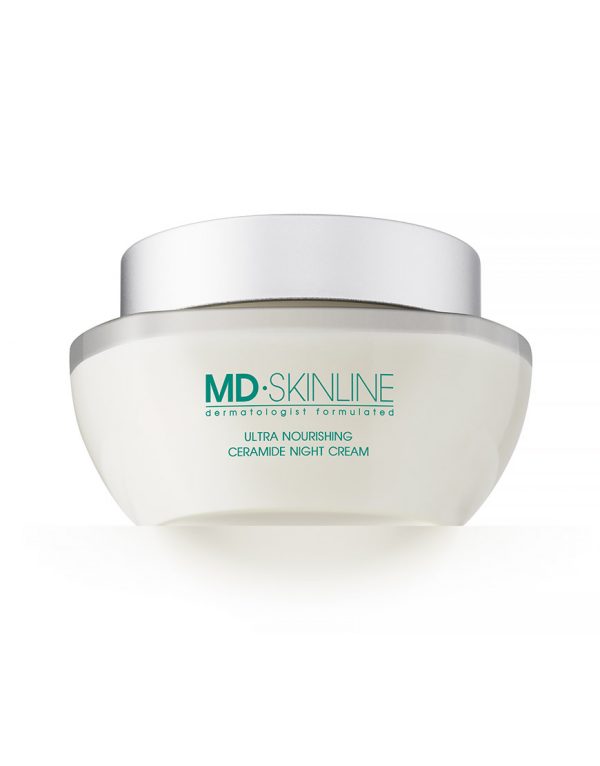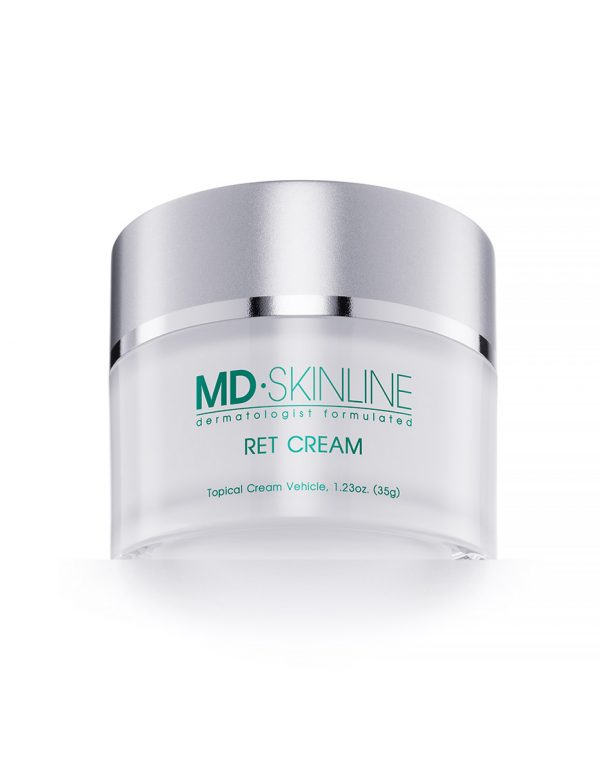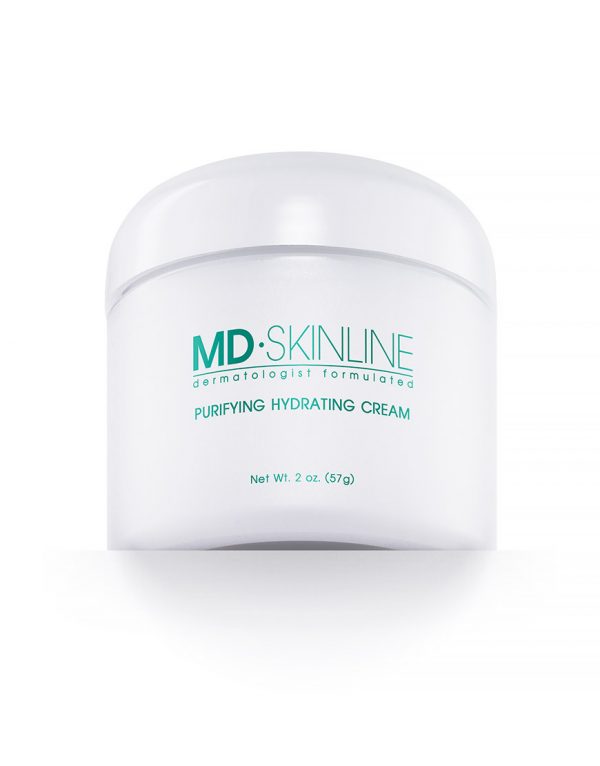Acne can be debilitating: not only can it be embarrassing, it can also be painful. While acne is incredibly common (80% of people aged 11-30 will get an acne breakout at some point), many find it difficult to treat. But it doesn’t have to be; there are many dermatologist-approved and formulated solutions that make it easy to treat among different skin types.
Making your own at-home acne treatment regimen is easy with the right information and products. By making some small lifestyle changes and trying the best products on the market for fighting acne, you can say goodbye to zits and say hello to beautiful, clear and youthful skin—here’s how.
Stop Popping!
It might be tempting to pop a pimple that rears its ugly head, but that short-term fix can cause a lifetime of scarring. Popping and picking at blemishes only worsens the damage. Think of it this way: acne and pimples are your body trying to clear blocked pores and bacteria. By popping a pimple, you push that bacteria deeper into the skin, which can lead to more blemishes and even infection. Instead of popping, try applying products specially formulated for treating acne (more on that below).
Try a New Diet
You are what you eat! Your diet can directly affect when you get breakouts, so consider revising your diet if you’re prone to acne. Probiotics, fish, fruit and vegetables are all worth picking up on your next trip to the grocery store. But what foods cause acne? Avoid consuming too much chocolate, fast or junk food, sugar and high-glycemic foods.
Washing is Good, But Don't Wash Too Often
Cleansing is important to fighting acne when using the right cleaners—particularly those with glycolic acid or salicylic acid. But washing too often (and without the right products) can dry out the skin. While this won’t necessarily affect your acne, it can make your skin itchy. Not only is this uncomfortable; it encourages you to scratch at affected areas, which can break the skin and lead to infection.
Stick to washing your face or other affected areas just twice a day. Morning and night are ideal, though you may want to wash up after a particularly sweaty workout, too. Use warm water instead of hot, and remember to wash gently.
Apply Cleansers Made with Salicylic Acid and Glycolic Acid—or Both.
Salicylic acid and glycolic acid are two of the best ingredients for fighting acne. They both dissolve sebum to penetrate the skin, washing away dead skin cells, acne, oil and more to leave skin feeling silky smooth. If you have oily skin, you’ll want to use a gel or serum. Creams containing salicylic acid or glycolic acid are best for those with normal or dry skin.
Be warned: salicylic acid can sometimes cause a reaction that irritates skin. Most cleansers containing the ingredient use it in very small amounts to zap zits with ease. If you find that your skin is sensitive to salicylic acid, try a product containing only glycolic acid. Alternatively, you can apply aloe vera to naturally soothe the irritation.
No matter which cleanser you use, apply it to an entire area rather than individual acne. This stops the spread of new acne from forming elsewhere.
If your acne is caused by oily skin, you might think that moisturizing seems counter-productive. But it’s not! Some acne treatments, salicylic acid included, can leave some individuals with dry skin. Oil-free moisturizers with hydrating ingredients offset this side effect and helps your skin tolerate the treatment. You should also moisturize any time your skin feels dry and dehydrated, as itchiness and discomfort from dryness might prompt scratching and breaking the skin. An aloe-based hydrating cream is a good choice for hydrating the skin while soothing any irritations you might have. Creams packed with ceramides are also ideal for repairing damaged or irritated skin.
Only Exfoliate Once a Week
Products containing acids like glycolic acid or salicylic acid—the same ones we recommend for treating acne fast and effectively—can remove the skin’s protective layer. When this happens, exfoliating too harshly or too often can damage and irritate the skin. But there’s no need to worry; you can use a natural exfoliate just once a week to keep your skin smooth without irritation.
Another alternative is to switch to an exfoliate specially formulated for fighting acne. These are perfect for exfoliating acne-prone skin thanks to ingredients like glycolic acid, salicylic acid and soothing aloe vera.
Try a New Makeup Routine
It’s always good to try a new look, and this is especially apparent when treating your acne at home. Switch to mineral foundations when treating acne. These don’t use oil or fragrances, reducing the risk of clogged pores that lead to breakouts. Powdered makeup also doesn’t support bacteria growth as easily as other makeup, which helps your skin heal and stave off infections.
When in Doubt, See Your Dermatologist
Finding the product or treatment that works best for you can be difficult. Your dermatologist can help you find treatments that work best for your skin type or educate you on properly applying medications. When all else fails, they may even prescribe stronger treatments. This way, you’re sure to find the treatment and products that are right for you.




